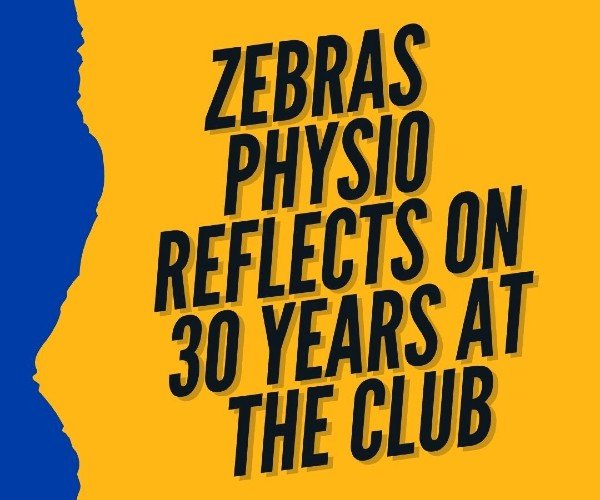‘Shin splints’ is a commonly used term to describe pain experienced along the inner border of the shin. The term is a very general one, and in fact involves a number of specifically different pathological conditions. Shin splints occur especially amongst active sports people participating in running and pounding sports. |
|
Muscle Compartment:
The muscles of the lower limb are divided into groups or compartments, each surrounded by a strong inelastic fascia, or stocking like material. These muscular compartments may become swollen and painful with overuse, the most common being either deep within the calf or front of the shin.
Bone:
Damage to bone can occur with repetitive overuse, occurring on a continuum from bone strain to stress reaction to stress fracture.
Tendon Attachment:
The tendon – bone junction is the insertion of the muscle into the bone and this may become inflamed particularly along the inner border of the tibia.
Two or in fact all three of these conditions can exist together. A physiotherapist can distinguish between the three with a thorough examination.
Abnormal biomechanics of the lower limb is a major cause of shin splints and therefore biomechanical assessment forms an important part of the examination. If any underlying biomechanical problem is not corrected the condition is likely to recur, even following a period of rest.
Shin splints are commonly treated with deep tissue massage, correction of any biomechanical problems and a combination of electrotherapeutic modalities that assist the healing process. The correct footwear is essential as well as a balanced training program. During recovery a modified fitness program should be organised to maintain cardio-vascular fitness.



